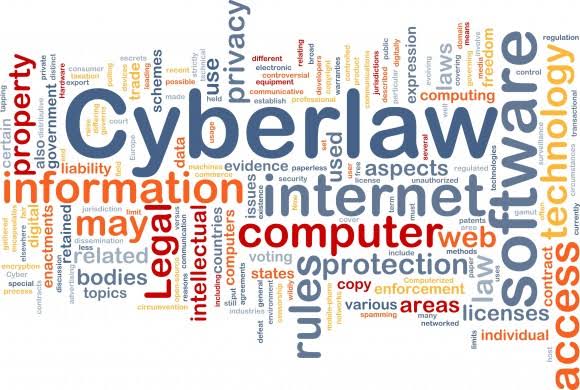
Several million cases of fraud and of computer misuse are reported to the police every year. Its staggering, but many of those crimes could have been prevented by making a few small changes in online behaviour. To avoid becoming a victim of cyber crimes you don’t need to be a computer expert. Developing a few good online habits drastically reduces your chances of becoming a victim of cyber-crime, makes you less vulnerable and lets you use the web safely.
Here are our top 10 tips to stay safe on social media:
1. Use a strong password. The longer it is, the more secure it will be.
2. Use a different password for each of your social media accounts.
3. Set up your security answers.
4. If you have social media apps on your phone, be sure to password protect your device.
5. Be selective with friend requests. If you don’t know the person, don’t accept their request. It could be a fake account.
6. Click links with caution. Social media accounts are regularly hacked. Look out for language or content that does not sound like something your friend would post.
7. Be careful about what you share. Don’t reveal sensitive personal information i.e: home address, financial information, phone number.
8. Become familiar with the privacy policies of the social media channels you use and customize your privacy settings to control who sees what.
9. Protect your computer by installing antivirus software to safeguard. Also keep your system updated.
10. Remember to log off when you’re done.
We can minimize the threat of Cyber attack or Cyber Crime by getting a little aware and conscious while using social media platforms. It is possible to ensure the security of your personal data of social media platforms with a very minimal effort. It is also suggested to avoid sharing information about your debit or credit card over these social media networks in order to avoid credit/debit card fraud, as well.
Article By- Harshita Jain
Editing By- Jasleen Kaur
With the user base of social media growing at a rapid rate, there are certain measures that social media sites undertake to protect the privacy of its users and discourage cyber stalking, bullying and trolling. But, the users are equally responsible for what they share on social media.
Users should desist from sharing their personal information on social media and if they have to do so for important purposes, they should do so with the utmost of caution. They should beware of strangers and their requests on social media for one does not know who is on the other end. The age of social media is perfect to state that “looks can be deceiving”.
Much has been covered in the above-stated article , but these are some more points that can elaborate the following issue.
1.Read the small print
There are countless variations on your privacy settings on social media, so take a moment to browse the privacy settings. For example, you can set your Facebook updates and pictures as “public” (not recommended) or visible only to friends or to a specified group.
Some social networks are public by default, and some are not. If you do opt for a fully public profile (a work-related Twitter account for instance), don’t share everything.
2.Control comments (your own and other people’s)
People often forget that their comments underneath articles or as part of social media discussions are often (if not usually) public. Watch what you say in a comment under, say, a BuzzFeed article or on a friend’s social media page.
If you run a site or a blog of your own, you can filter comments so they won’t run without your approval. This might seem like unnecessary admin, but you don’t want to neglect your blog or site for a few days only for it to become plagued with phishing or malware links.
(This post is referenced from the below website)
https://uk.norton.com/norton-blog/2016/12/social_media_howto.html